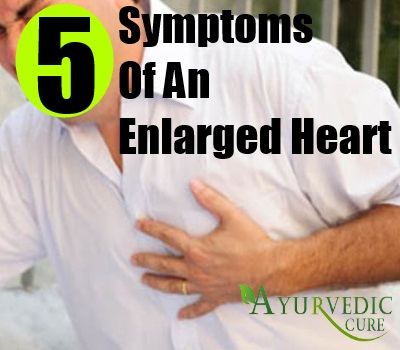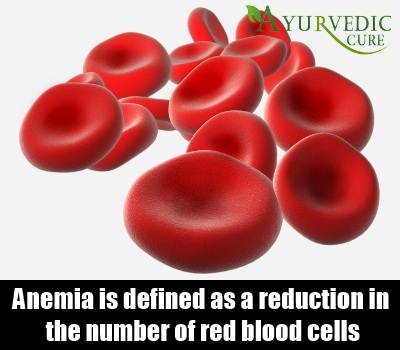[toc]It is never too easy to identify and isolate symptoms of an enlarged heart. This is because the characteristics of such a condition are often quite synonymous with other ailments of the heart. The most common symptoms of an enlarged heart are dizziness, cough, chest pain, faintness and general fatigue. So it is clearly understandable where the ambiguity lies when it comes to detecting an enlarged heart condition.
These symptoms are extremely common in heart patients. However, there are a few other unusual signs such as heart palpitations, irregular heartbeats and edema which could signify this condition more specifically in patients.
5 Symptoms Of An Enlarged Heart
Extreme Dizziness
When the heart is larger than its normal size, the condition is also referred to as cardiomegaly. Cardiomegaly can be detected on a chest x-ray scan which is generally prescribed by a doctor upon complaints of heart-related problems.
Worth Buying
In most cases, the symptoms of an enlarged heart are triggered by dizziness or a feeling that the patient might faint anytime. This may be because of the heart’s incapacity to pump blood with adequate efficiency. The heart rate is slower than usual.
Cardiomyopathy
Cardiomyopathy is a disease of the heart muscle. It is related to the deterioration of the myocardium for several possible reasons, including an enlarged heart. Those with cardiomyopathy are always at risk of suffering from an enlarged heart condition.
There are several diseases that directly affect the myocardium including those that result from ischemia, valvular heart disease or high blood pressure. This condition usually presents with dyspnea and heart palpitations and limits the ability of the heart to maintain adequate cardiac output.
Cough and Chest Pain
Ongoing cough is a very common symptom when it comes to recognizing an enlarged heart condition. It could well be a terribly dry cough which doesn’t produce any phlegm or even one that does produce mucus. It is generally accompanied by chest pain and stiffness in the chest region. One could also suffer from a burning sensation in and around the chest. Fever and back pain are also seen in certain patients with an enlarged heart, especially if it is due to an infection.
Anemia
Anemia is defined as a low concentration of hemoglobin in the blood. It may be accompanied by other parameters altered such as a reduction in the number of red blood cells or decreased hematocrit. Anemia is not a disease but a sign that can be caused by multiple causes, and one of the most common is an enlarged heart condition.
So when there is severe anemia, the tissues and organs of the body do not receive enough oxygen. The person feels tired, his pulse is racing and he has shortness of breath.
Irregular Heartbeats
Often in cases of cardiomegaly, the heartbeats become irregular causing arrhythmia. A heart rhythm disorder or arrhythmia is a change in the heart rate. It may speed up, slow down or become irregular. The slow heart rhythm disorders result from inadequate production of impulses from the sinus node and are usually a non-clinical concern unless they cause loss of consciousness.
The accelerated heart rhythm disorders, however, often cause death. If you are suffering from an arrhythmia, your heart will not be able to pump blood as efficiently as in normal conditions.
Conclusion
If you are suffering from any of these enlarged heart symptoms, like chest pain, breathing problems or dizziness, you have to see a doctor for immediate evaluation. Your symptoms could be triggered by an enlarged heart, among other serious heart conditions.

















